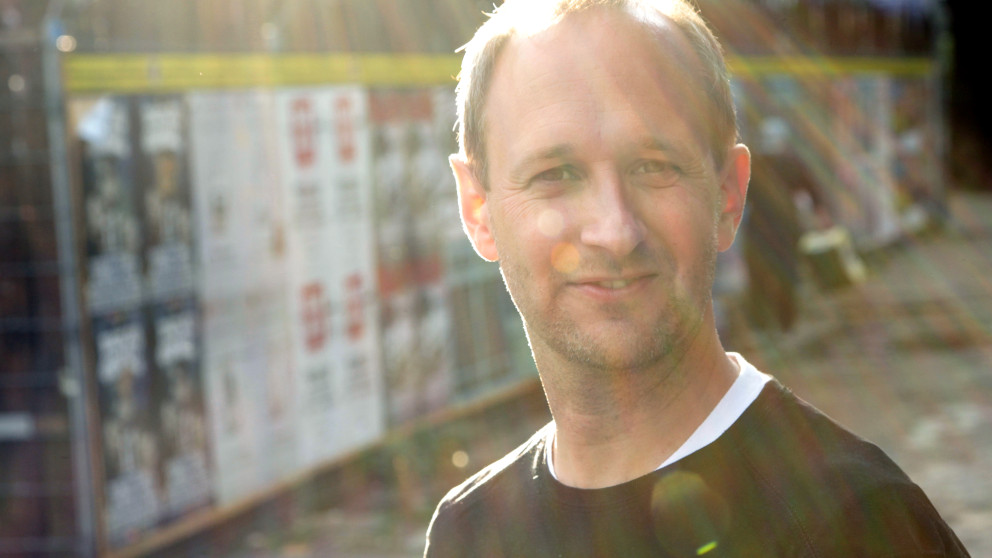Putting the Climate Crisis on Stage: New Forms of Presentation for a Complex Topic
25.09.2024
Earthquakes, epidemics, tyranny and war – theatre has honed in on crises since its earliest days. In recent years, more and more productions have addressed the subject of climate change. Which forms of presentation have proved suitable? And how much complexity can theatre convey? During a year-long fellowship at RIFS, theatre director Tobias Rausch will explore these issues.

"The challenge is that on the one hand, you don’t want to abandon the artistic qualities that define theatre and simply become a second-line science communicator – but at the same time, we don’t want to break findings down into simple narrative patterns ‘for the sake of a good story'," says Rausch. In his opinion, theatre is actually "the perfect place" to negotiate complexity, ambivalence, and social antagonisms. However, dramaturgical and narrative forms of presentation that are commensurate to the complexity of the climate crisis are yet to emerge.
Taking the mobility transition to the stage
Tobias Rausch has worked as a theatre director and playwright since 2001, most recently with a five-year stint as director of the Citizens:Stage at the Staatsschauspiel Dresden, a format that invites public participation. In several productions there, he dealt with sustainability issues such as the mobility transition and the effects of the Nuclear Age. The production “Tausend Sonnen” (A Thousand Suns) brought former miners, employees, and neighbours of the uranium mining company Wismut, which employed as many as 130,000 people in the GDR, onto the stage. In "Asphalt", Dresdeners shared their experiences and adventures with cars and searched for ways to overcome the car paradigm.
According to Rausch's research hypothesis, bringing different population groups together to develop stage productions can benefit the wider debate on the climate crisis. "This understanding that ‘that's where the audience is and that's where the theatre is’ often doesn't work so well anymore. The idea of what an author or a director is changing a lot at the moment. What we are seeing increasingly is a process of collective research on stage. This is why collaborations between art and science are becoming increasingly important."
A toolbox for theatre and science communication
Rausch first came into contact with RIFS back in 2019, when he and a team including RIFS research group leader Manuel Rivera organised a symposium at the Heinrich Böll Foundation, titled: "Climate meets theatre - On the theatrical narratability of the climate crisis". "We had imagined it as a small working conference, but within a few days over 200 people had registered their interest. We realised then that many people were working on the same problem," says Rausch. He took a lot of inspiration from the symposium for his theatre projects in Dresden.
At RIFS, Rausch wants to take a more fundamental approach and plans to collaborate with scientists to sketch out new devices, effects, and forms of presentation that will render complexity understandable and tangible. This "toolbox" for theatre and science communication will then be tested with actors. These experiments could serve as the basis for a larger project staged in cooperation with a theatre. Rausch also hopes to inspire participating researchers to embrace these new tools as a means to communicate their work.
Contact

